The Glorious Twelfth this year, signalling the start of the grouse-shooting season, was overshadowed by a Labour party press release demanding a ‘review’ into driven shooting. Labour’s shadow environment secretary Sue Hayman left people in little doubt as to what she expected this review to conclude. ‘The costs of grouse shooting on our environment and wildlife need to be properly weighed up against the benefit of landowners profiting from shooting parties,’ she said. ‘For too long the Tories have bent the knee to landowners, and it’s our environment and our people who pay the price.’
Needless to say, this is all virtue-signalling nonsense. For a start, the shooting industry imposes no ‘costs’ on the environment. On the contrary, grouse moors cover about 550,000 acres of land in England and Scotland — an area larger than greater London — and are maintained by an army of gamekeepers. Heather moorland is the natural habitat of several species of ground-nesting birds, including black grouse, lapwing, curlew and golden plover, all of which benefit from the control of pests like foxes, crows, stoats and weasels.
The Labour press release quoted the RSPB as saying that hen harriers were on the edge of extinction, and linked this to grouse shooting. In fact, most of the surviving hen harriers are on land under active shoot management — Natural England reported that 21 of the 34 hen harriers that fledged in 2017 were nesting on grouse moors. The RSPB, by contrast, managed to fledge just one chick in 2015 on its land because it won’t adequately control for foxes. To get a sense of how catastrophic the impact on rare bird species would be if grouse moors were rewilded, you only have to look at what’s happened in Wales, where driven shooting has all but disappeared, helped along by the Welsh Labour party. Upland birds like red grouse, black grouse and curlew have been virtually wiped out.
What about the ‘cost’ to ‘our people’? According to a Countryside Alliance report in 2014, shooting contributes £2 billion a year to the rural economy and provides employment for 350,000 people. Much of this is in isolated areas where there are few other opportunities.
However, there’s a silver lining to Labour’s embrace of this agenda, which is that it sends a clear signal to voters that the party prioritises the values of the Guardian-reading metropolitan elite over the interests of the working class. Who cares if banning driven shooting consigns hundreds of thousands of ordinary people to the scrapheap? The important thing is to win the approval of city dwellers like George Monbiot, the ex-public schoolboy who wants to end capitalism, and Chris Packham, the BBC presenter and fanatical anti-shooting campaigner. Luckily, this may not be the best way to win elections.
For several decades Labour managed to preserve a fragile coalition between educated, middle-class voters concentrated in London and university towns and its working class base. But that coalition has gradually fractured as the two constituencies have been driven apart by wedge issues like immigration, culminating in the 2017 general election which saw Labour enjoy a 17-point lead over the Tories among university graduates, but at the expense of its lead among C1s and C2s, more of whom voted Conservative.
This shift was analysed by the French economist Thomas Piketty in a paper last year, which found the same pattern in France and the US. He pointed out that left-wing parties in all three countries used to rely on ‘nativist’ voters to win elections — lower education and lower income — but since the 1970s they’ve begun to attract more ‘globalist’ voters — higher education, higher income (with the exception of the top 10 per cent of income earners) — while nativists have drifted to the right, forming a coalition with the business elite.
In the UK, the mercantile Conservative party has been more successful than the globalist Labour party at the last three elections, but only just. Which is why I welcome this announcement on grouse shooting. Labour probably thinks it sends a message that it’s on the side of the many, not the few. But in rural, working-class communities it will be interpreted in the opposite way — that Labour has abandoned them in favour of a preening, sanctimonious urban minority.
Got something to add? Join the discussion and comment below.
Get 10 issues for just $10
Subscribe to The Spectator Australia today for the next 10 magazine issues, plus full online access, for just $10.
You might disagree with half of it, but you’ll enjoy reading all of it. Try your first month for free, then just $2 a week for the remainder of your first year.


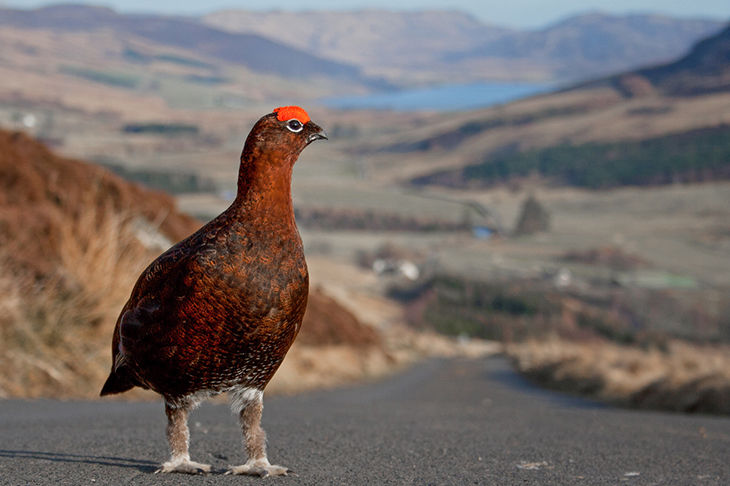
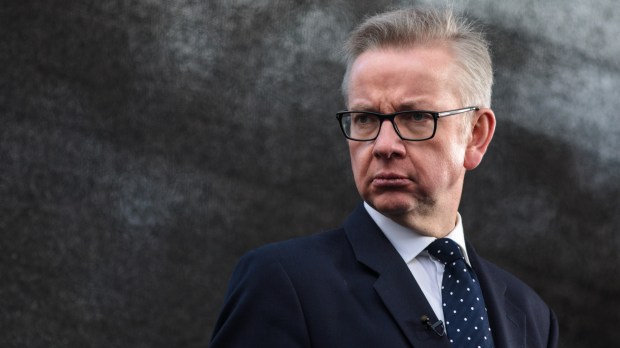

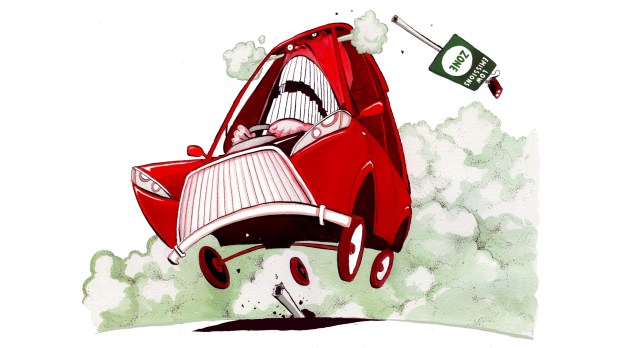

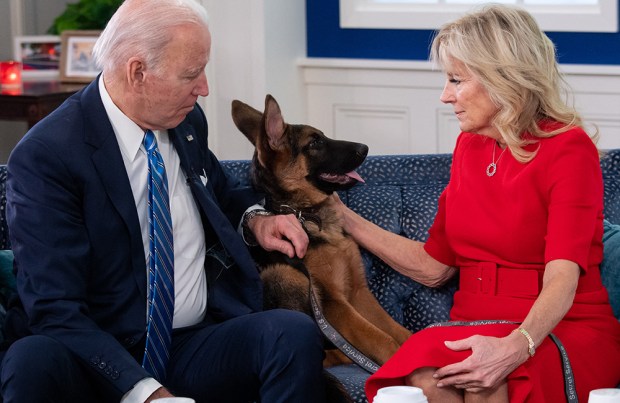
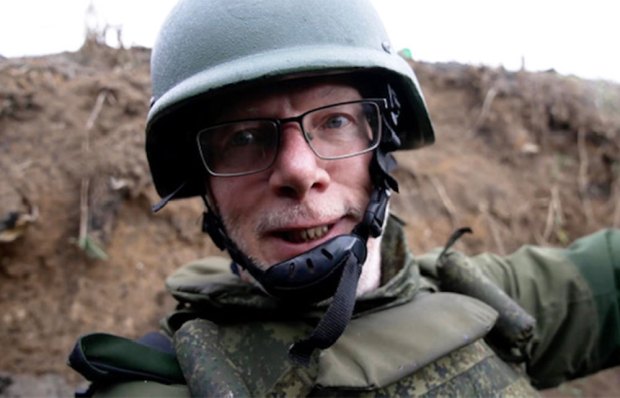






Comments
Don't miss out
Join the conversation with other Spectator Australia readers. Subscribe to leave a comment.
SUBSCRIBEAlready a subscriber? Log in